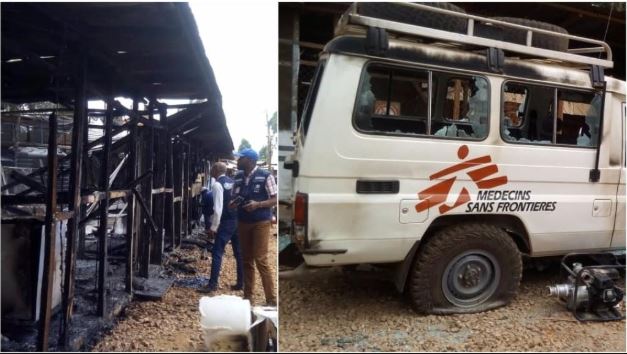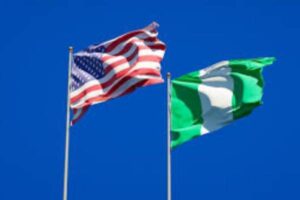The World Health Organisation adapted its vaccination strategy on Tuesday to try to contain a spiralling outbreak of Ebola in northeastern Democratic Republic of Congo, where deaths have soared passed 1,000 as response teams continue to be met with violence and distrust.
Conflict and disruptions, such as clashes in the town of Butembo on Tuesday, have long complicated the response in affected North Kivu and Ituri provinces, but Tuesday’s announcement was the first move by the WHO to rethink its strategy.
Dozens of fighters from an armed group known as Mai-Mai went into the northeastern city of Butembo in the Democratic Republic of the Congo and fought with security forces on Wednesday.
Their target was an Ebola treatment centre.
In a statement, the WHO’s panel of experts announced that a wider group of “tertiary” contacts would now be vaccinated and said it was reducing dosages to allow for this due to concerns over “a potential vaccine shortage” if the outbreak expands. The panel said it was particularly worried that “a large proportion of new cases continue to arise among unknown contacts”.
“The attacks are almost every day. It disrupts our operations, and when operations are disrupted, the virus gets a free ride.”
Read Also
Ebola response operations in Butembo – one of the epicentres of the outbreak, which erupted last August and is now the second deadliest ever – were briefly suspended on Tuesday when police fired warning shots to disperse crowds after motorcycle taxi drivers clashed with security personnel.
It was just the latest in a string of more than 100 attacks and violent incidents involving Ebola responders since January, many of the latest involving taxi drivers, who have said they sometimes feel more at risk due to the nature of their job.
Last month, a Cameroonian doctor with the WHO was killed in the most high-profile attack to date – at a university hospital in Butembo.
“I’m profoundly worried because the number of cases increases with the frequency of attacks,” the head of the WHO, Tedros Adhanom Ghebreyesus, said in an interview with the British scientific journal Nature before attending the doctor’s funeral on Saturday.
A toxic mix of mistrust, politics, and conflict has made it especially difficult to control the outbreak in Butembo and nearby Katwa in North Kivu province. Some have even voiced fears that the disease could spread to the major city of Goma or into neighbouring countries.





